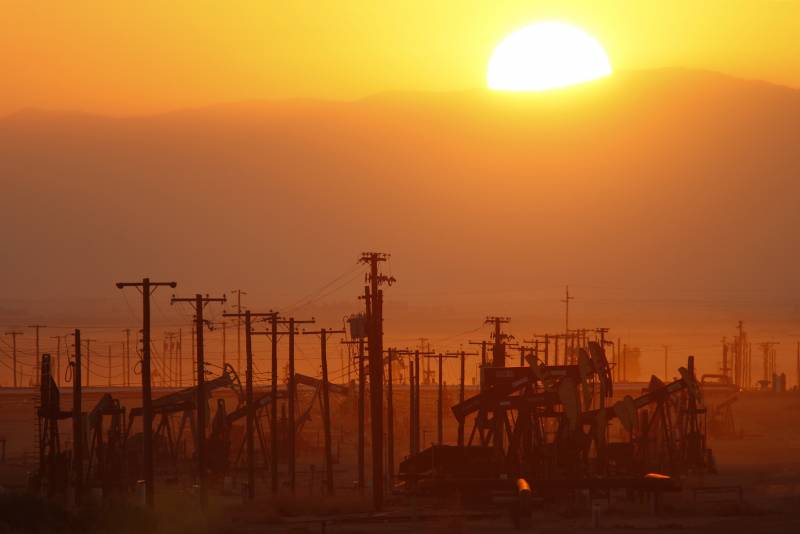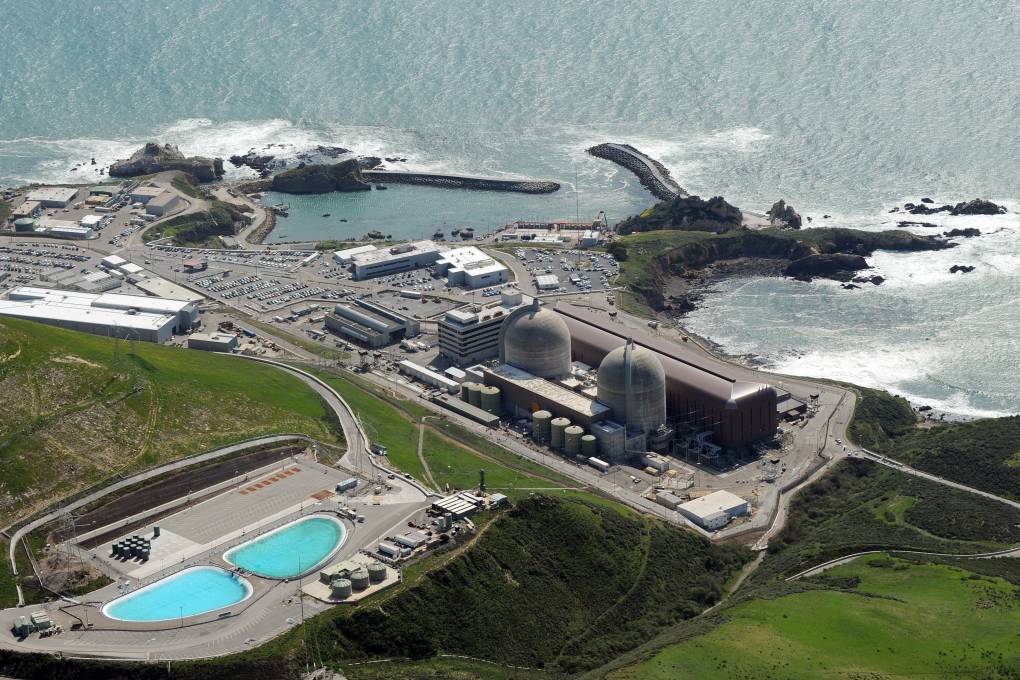Fracking is the process of injecting a high-pressure mix of mostly water with some sand and chemical additives into rock to create or expand fractures that allow for the extraction of oil and gas. Permitted fracking operations account for just 2% of oil production in California. But the practice is controversial due to concerns about the chemicals used in the fracking fluid contaminating groundwater.
Environmental justice organizations representing lower-income communities and communities of color — typically the most affected — have protested fracking for its potential water contamination and the methane released by the process. Methane is a highly potent greenhouse gas.
Juan Flores, a community organizer based in Kern County with the Center on Race, Poverty and the Environment, said by denying the permits Newsom and his administration are living up to expectations set by voters.
“This is a type of action that we expected,” he said.
WSPA said in its lawsuit that the state’s permitting process includes stringent requirements designed to protect public health and safety.
These actions “don’t really deliver the positive benefits for a fight against climate change, but what they do is impose big impacts on Californians — to their finances, to their freedoms and, essentially, how they live and work every single day,” WSPA President Catherine Reheis-Boyd told the Chronicle.



